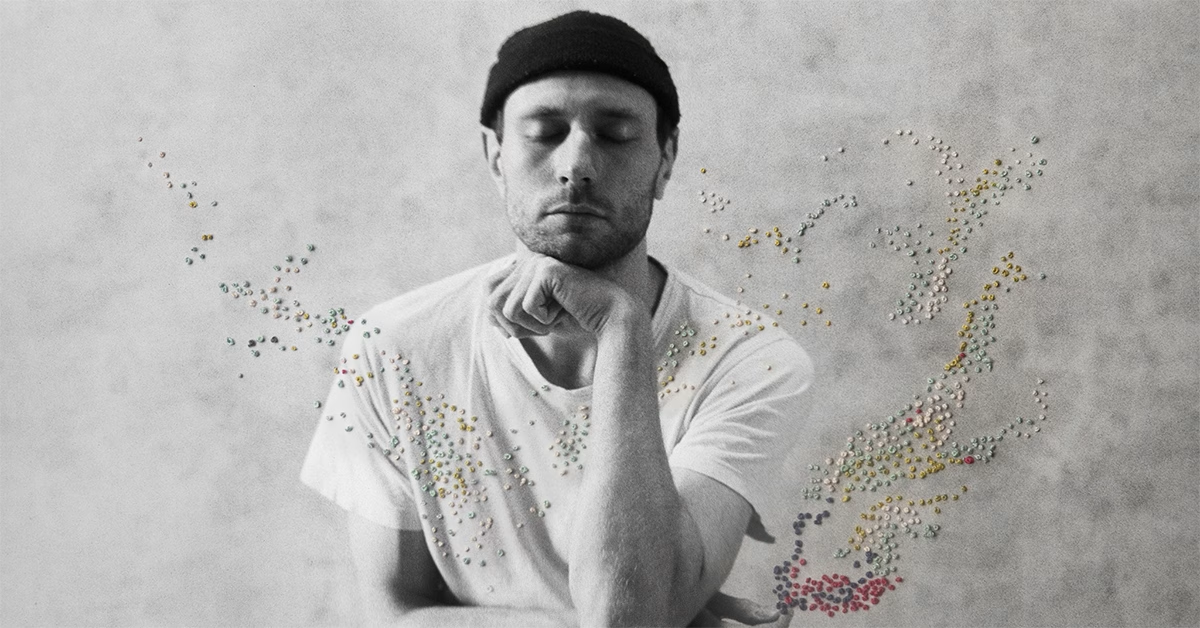With his new LP ‘Cannot Be, Whatsoever’ LP out November 6th, we look back at artist Novo Amor’s inspirational sustainability policy – which included tackling travel impacts of his debut tour through onboard.earth’s Energy Revolution programme.
Welsh multi-instrumentalist, singer, songwriter and producer Ali Lacey, aka Novo Amor, worked with onboard.earth in 2018-19 to record carbon emissions from the travel associated with the tour of his debut album, ‘Birthplace,’ and balance unavoidable emissions through investment in renewable energy. In total he accounted for over 50 tCO2e generated from flights, mini bus, car and tour bus around Europe and North America. 100% of the carbon-balancing donation was invested in Solar for Schools; a project that installs solar panels on school roofs across the UK, allowing them to produce low-cost clean electricity, while also educating children about the importance of a low carbon future.
Tackling the impact of tour travel is part of a sustainability mission embedded in the album and in Novo Amor’s ethos. The video for the Birthplace album’s title track had a strong environmental message about the need to address plastic waste in our oceans; it featured a 13-meter long model of a whale made from waste plastic collected by school children in Komodo and Bali, Indonesia, who received books in return for their donations.
Novo Amor also collaborated with Julie’s Bicycle to minimise waste at shows, and he has a commitment to working with his merchandise suppliers to make sure they put they environment first wherever possible. T-shirts are made using 100% organic cotton and only water-based inks that are friendly to the environment and solvent-free. CDs and vinyl are supplied by an FSC Certified manufacturer: CD packaging is softpack, so that no plastic is involved, and all LPs are made using recycled vinyl pellets and manufactured using recycled, offset paper stock.
“The presence of plastic waste littering our oceans is not a new issue, but it’s an issue that has been worsening for years and is something that we can and should be addressing. The problem is not only a threat to marine life, but to the entire food chain, our whole ecosystem. When something impacts wildlife in such a profound way, we can expect it to impact upon us. The problems are manifold, the repercussions shocking, but there are ways in which we can raise awareness of such an urgent issue, and counter it.” Ali Lacey (Novo Amor)
Find out more about Novo Amor’s work and sustainability commitments here: novoamor.co.uk

